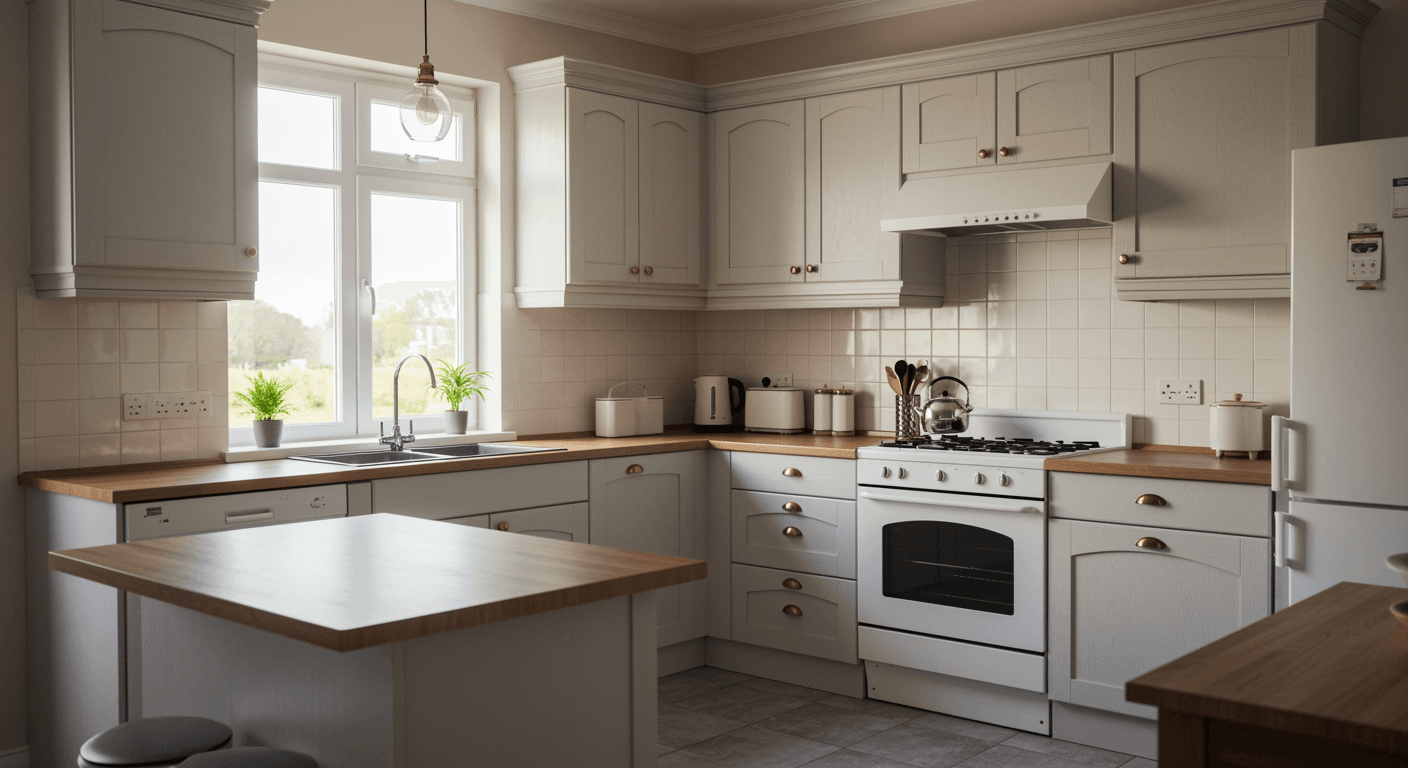Damage tips are some of the few important aspects home owners should remember when they start to notice any form of issues or problems on their countertop surfaces. Here are 4 important aspects that must be taken seriously as the beginning stages to rectify damages on countertops.
Damage Tips 1: Assess The Damage
If there is a point of time where you notice some damage on your countertops, one of the first things you should do is to assess the extent of the damage on the surface or the overall structure. Home owners should then proceed to look closely at the affected area to determine if there are any damages such as scratches, small dents or more serious dents cracks. For example, if you have quartz countertops, light scratches can be cleaned with a special polishing kit which in most cases can be done by the home owner at the comfort of their home.
Apart from that, concrete countertops that have minor and small scratches or dents can be also be repaired using a repair kit. However, if you have noticed more deep cracks, large chips or excessive wear and tear, it is likely that expert help will be needed to rectify the damages or to opt for a newer piece instead. For example, major cracks in countertops are difficult to repair on your own and can be dangerous if left unattended not treated properly.
A professional can assess whether your countertop can be repaired or if there are parts that need to be replaced. Also, when it comes to assessing damage, it is extremely important to be aware of the type of material your countertop is made of. Different materials such as granite, quartz, marble or concrete have different levels of durability and require different repair methods.
When home owners are carrying out checks and inspections, it is also important to check the surrounding area of the countertops to look for signs of damage as well as other form of wear and tear. There are cases that some damages may seem minor but there are bigger and more serious underlying issues that can be found upon inspection. This can indicate larger issues such as structural issues, water damage or even issues due to pests and termites.
By carefully assessing the damage and deciding on the best course of action, home owners have the chance to repair their countertops. Checks and inspections are important when it comes to maintaining the aesthetic and functional qualities of your kitchen space.
Damage Tips 2: Clean The Area If Possible

If home owners are to notice that their countertop has some damage, they can begin to clean up the area surrounding these damages. This initial cleaning is important because it helps to remove dust, dirt and other particles that can cause potential interference with the repair process. Home owners can start by using a mild and non-abrasive cleaner that is deemed suitable and appropriate for the countertop surface.
Home owners should avoid harsh chemicals or abrasive cleaners as these cleaners can cause further damage or harm to the surfaces. Use a soft cloth or sponge to properly wipe and clean the damaged area — making sure that all dirt is removed and the area that has the damage is clean and neat. While cleaning the surface, home owners can look for more cracks or splits on the surface as this will also help them to assess if there are more issues with the countertop and its structure.
@ampquartzcabinets Siapa berminat boleh DM kami sekarang! 🤩 #AmpQuartz #kabinetjohor #kicthencabinet #ansuranbulanan #fyp
♬ MONTAGEMNADA(DJ版) – DJ PHONK
Furthermore, if the damage on the countertop is a deep cut or scratch, home owners can then use a use a soft brush to gently clean the inside of the damaged area. This process ensures that the surface is free of any dirt or grime that can affect the adhesion of repair materials that may be used to overcome the damages. After cleaning the area, home owners can then use dry and lint-free cloth to wipe down the area as this helps to remove any sort of excess moisture on the surfaces.
Cleaning the damaged area is a small way to facilitate the repair process — allowing for it to be a successful project. This process is a key way to ensure that repairs can be conducted properly — restoring the beauty and functionality of the countertop.
Damage Tips 3: Using A Repair Kit For Minor Issues
In the case that home owners have noticed damages on the countertop surfaces, using a repair kit is an effective and practical solution especially if the issues are minor in nature. This may include damages such as small scratches, chips or tiny cracks. Home owners should begin by properly assessing the extent of the damage to determine if a repair kit is right way to start the repair process.
First, home owners need to clean the area to remove any form of dust and debris. This will improve the adhesion of the repair material. Once the area is clean, home owners should make it a point to follow the instructions that have been included with the repair kit. Apply the material on the surface and smooth out the material and allow it to set and cure based on the allocated time.
For concrete countertops, repair kits often contain fillers that can repair small cracks or chips. This process requires the home owners to fill the damaged area and allowing it to dry before gently sanding as this helps it to look seamless and blend well with the rest of the countertop. Wood based countertops, on the other hand, require a different approach. Small scratches on the surfaces can be repaired with sandpaper and then treated with a wood finish or sealer.
Repair kits offer an effective way to deal with minor damage and extend the life of the countertops from the comforts of your home. However, in more severe cases of damage, home owners should think about consulting a professional and seeking help from them to ensure that further damage is prevented and effective measures are taken to rectify the damage on the countertop.
Damage Tips 4: Seeking Professional Help

When home owners begin to notice damage on their countertops, it is advisable to seek professional advice and help when it comes to fixing the damage and making sure that it is dealt with properly and efficiently. While smaller damages such as small scratches or chips can be rectified using DIY repair kits that are easily available and accessible, more larger and serious issues such as major chips, cracks or significant wear and tear would require the advice and expertise of professionals as they will be able to assess these damages better and provide efficient solutions.
Professionals and experts in this field can accurately assess the extent of damage, provide specific repair solutions and determine that the repair is beneficial and can rectify the damage onthese countertops. These professionals have the access to more specialised tools and materials that are not usually available to the public and these items can significantly improve the quality of repairs.
@ampquartzcabinets Korang jangan risau dekat AmpQuartz kalau nak pasang aksesori je pun boleh tau 😍 #AmpQuartz #aksesori #kabinetjohor #fyp
♬ original sound – AmpQuartz – AmpQuartz
For example, professionals can use advanced techniques to repair and reseal structures that may be made out of stone, quartz or wood — making these surfaces look new and function to its best level again. In addition, experts can provide valuable advice on how to prevent future damage and tips on taking care of these countertops in the future. Ignoring or improperly repairing severe damage can lead to further damage that may require more extensive and expensive repairs, or worse, a complete replacement.
Consulting with a professional will ensure that the repair is done right the first time alongside ensuring the integrity and longevity of the countertop. In conclusion, while minor damage can be handled in the comfort of your home, getting professional help for more serious damages and issues can bring home owners a peace of mind and guarantee better results and long-term protection for your countertops.





